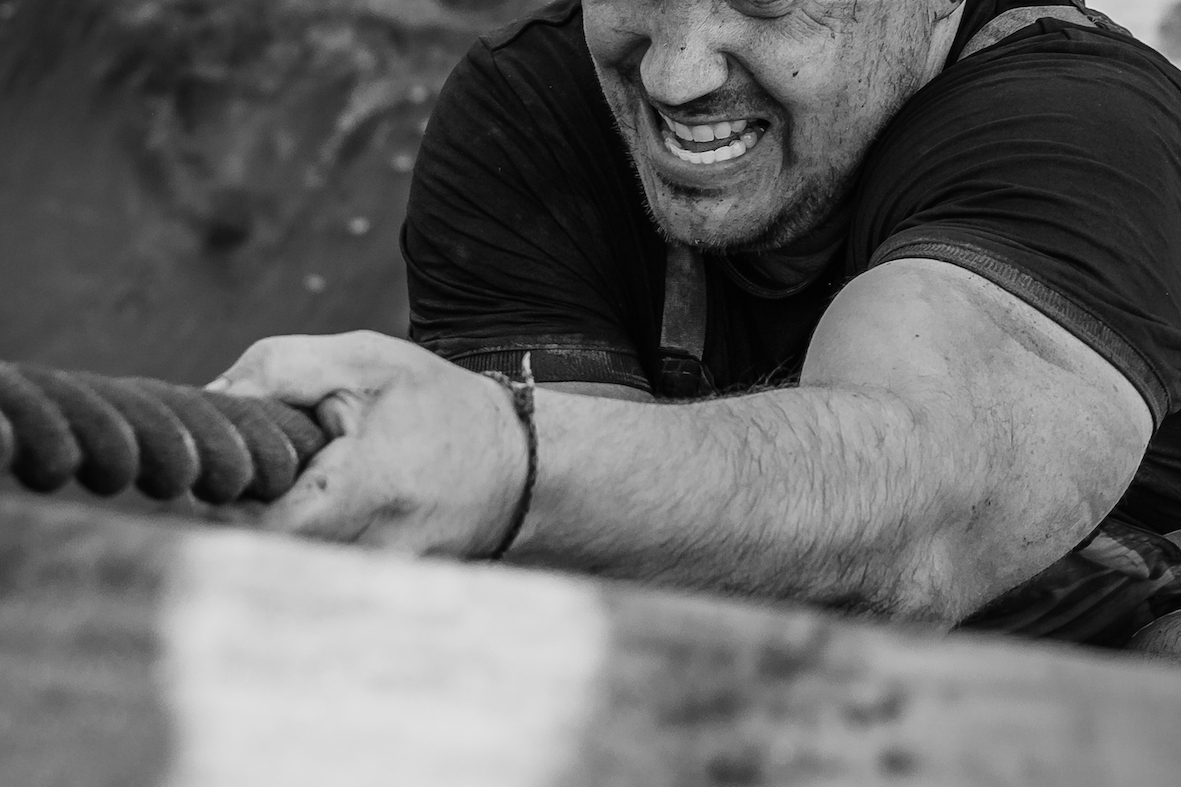We loathe it, yet we’re all guilty of it. We know we don’t want to do it but it’s just so hard to stop! And it always seems like we do it with the tasks that are most important, or that we would benefit from most in the long run, so why do we do it?
Well there are a couple of different schools of thought on this one.
The first is the theory of ‘time inconsistency’. This basically means that as humans we are great at making plans, but terrible at implementing them. When we make plans, we do it by first imagining what rewards those plans will bring, whether it be getting fit, writing a book or finally starting that clothing line you’ve always dreamt of, so the benefits seem immediate and therefore attractive to us.
But the further the rewards are in the future, the less importance we place on them when it’s time to start, whilst the benefits of not doing it (‘I’d rather watch Netflix or go online shopping’) are immediate, so we put off starting it until the future benefits seem worth it.
Sadly for many of us, this turns out to be never.
This is a constant battle between our present self and future self, and procrastination occurs when our present self wins out. The next theory is that of avoidance. Now you’re probably thinking, ‘That’s incredibly obvious’, but hear me out.
We are evolutionarily (I’m glad I get to write that one and don’t have to say it out loud) hardwired to avoid things that are uncomfortable or painful, and we will continue to avoid them until the pain of not doing it outweighs the pain of doing it. This is why a primitive hunter would chase a rabbit for dinner any day of the week but would probably put off tackling a lion until starvation forced their hand.
It’s the same reason that you didn’t start on that assignment when you had a free 6 hours last Saturday and it was nice outside, but now that it’s due tomorrow you absolutely have to get to it, even though the new job’s a hassle and the kids have the flu. The deadline has become a greater discomfort than having to do the assignment, so starting on it is no longer a choice, it’s what needs to be done.
So, what do we do about it?
There are a number of strategies we can employ to break us out of this procrastinatory funk, and here are a few of the most effective.
Reward yourself
We tend to procrastinate over things we don’t like doing, so why not pair them with things that we do like doing? Save your favourite music for when you go for a run. Put on that new Netflix show while you’re doing the ironing.
Allow yourself a treat after you finish doing your weekly meal prep. It doesn’t really matter so much what the reward is, just make it good enough to get you to actually do what you should.
Schedule it in
Too often we leave starting our disliked tasks up to chance, but ‘When I get to it’ and ‘Yea soon’ are not definitive, so our brains will find it difficult to know when these fictional times start! Figure out how much time you need to complete the task, then schedule that in to your day/s or week/s.
By doing this we are making a decision to get started, and most likely will, as if we don’t the guilt will be more uncomfortable than the task itself. Also, make sure you don’t do anything else in that time-period, otherwise you will trick your brain into thinking you were productive and the problem will persist.
Take little bites
Sometimes the sheer enormity of the task in front of us is our main barrier. ‘Getting fit’ is such an ambiguous and staggering concept, where do we even begin?
We start by breaking each task down into something easier to handle.
You don’t have to run a marathon, you just have to do a 15 minute walk/jog today. You don’t have to write a novel, you just need to write 300 words today. You don’t need to overhaul your diet, you just have to get 2 more serves of veggies every day this week.
By breaking each task down into manageable little bites, we can reduce our perception of its size and therefore tackle it much easier.
Countdown
The dreaded countdown is a staple of parenting the world over.
‘I’m going to count to 3 and both of you better be in the car by the time I’m finished!’
Gives me chills just writing it! But, our parents were onto something. By defining the initiation parameters of a task we are removing the uncertainty that surrounds it and giving it a definite start time, in 3 seconds.
So, the next time you need to start something you don’t want to do, give yourself a countdown. Tell yourself, ‘Turn off the shower in 3,2,1, go.’ or ‘Get out of bed in 3,2,1,go.’
By starting with small things and sticking to it consistently, you create a habit loop, which you can then apply to much bigger things.
Hopefully this article has given you a little bit of insight into procrastination and a few helpful tips to combat it. The good news is that by reading this article you’re already battling your procrastination. You’ve taken that first step, and you know what they say about the journey of a thousand miles…
Back to Health Hub






